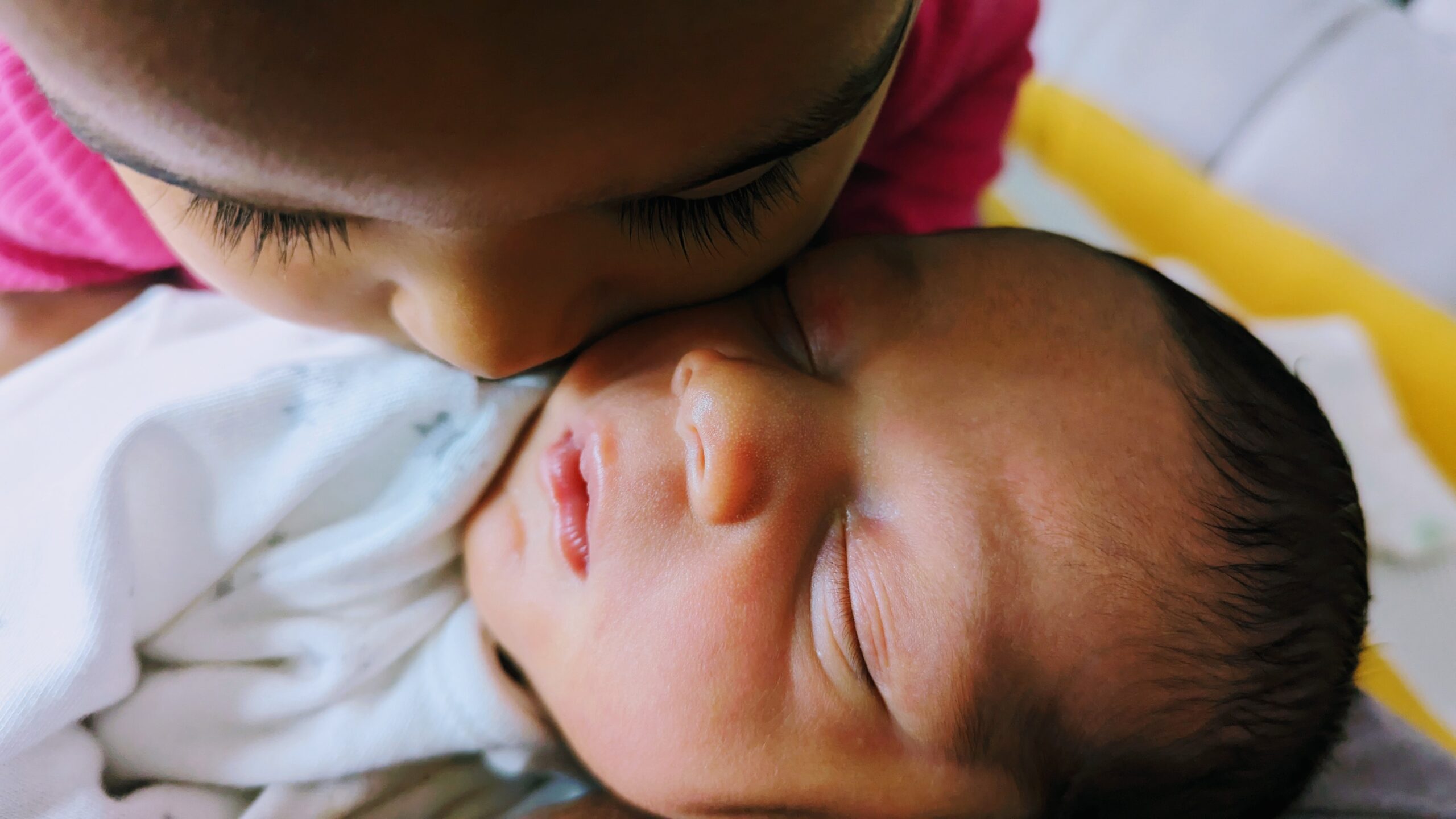As I applied the last finishing touches of makeup to my face, I found myself struggling to breathe. I was 31 weeks pregnant with my first baby and so far, had a smooth uncomplicated pregnancy. Like many women, I suffered textbook symptoms early on such as morning sickness and fatigue, but overall I was feeling good and enjoying being pregnant. It was a few weeks after my 20 week scan when I started to experience intermittent shortness of breath. I wasn’t too worried as I was often told that it was a natural side effect of pregnancy. It made sense, I was baking a tiny little human after all!
I shrugged off every episode with passing thoughts of the baby’s weight or the mask wearing at work. It had only happened a couple of times previously, but this time it was much worse. It had taken me so long to get dressed that morning, in hopes to meet my sister-in-law for lunch. I was unable to stand and kept having dizzy spells. I had a unnerving feeling that something was not right and promptly contacted the midwifery’s triage line. The midwife could hear how breathless I was on the phone and after telling her my symptoms, I was told to come in.
I was admitted onto the maternity ward in hospital
I underwent a series of medical tests over the next two days, comprising of ultrasound scans, x-rays and blood tests. Thankfully, all of my results came back normal. Just when I thought I could breathe a sigh of relief, I was referred for a CT pulmonary angiogram (CTPA). A CTPA is a sophisticated scan that looks specifically for blood clots in the lungs. I had to be cannulated and have dye injected through the IV line. The procedure was quick with minimal discomfort and I soon returned to the maternity department to await my results.

A couple of hours later I was called into a consultation room by a junior doctor. I remember vividly as the doctor reconfirmed my family’s history of blood clots. She began flicking through my medical notes with a look of concern. It was at that moment, I sensed that my string of luck was about to run out. The results from the scan confirmed I had bilateral pulmonary embolisms. A small one in my right lung and a “significant” one in my left. It was a huge shock. The diagnosis seamed completely out of the blue, with my only risk factor being my pregnancy. I was stunned but felt a weird sense of solace as I knew something was not right. For a second, I thought of the potential outcome had I ignored my symptoms. Relief washed over me. Having the diagnosis meant that I could be treated.
What did this mean for me and my baby?
I was concerned about the wellbeing of my baby and needed to know my prognosis. My ethnicity alone statistically increased my risk of maternal mortality, so to be diagnosed with a complex and life threatening condition so far into my pregnancy was scary. I was reassured that I would be closely monitored and that the treatment would not cause any harm to my baby. My antenatal care had to be overseen by a consultant instead of a midwife and contingencies had to be made regarding my birth plan. Suddenly, my once smooth, uncomplicated pregnancy was now classified as high-risk, impacting both my then and future pregnancies. The doctor went on to tell me that although PEs are a rarity, there had been a rise in cases in pregnant women. The revelation was alarming and terrifying.
I had started prophylactic anticoagulants on my admission into hospital and continued aggressive treatment for the duration of my pregnancy and several weeks postpartum. Injecting myself four times a day did become emotionally exhausting however, looking towards the future gave me motivation. Although my journey took an unfavourable turn, nothing diminished the joy and excitement I felt in meeting my baby. I went on to have a beautiful birth undisrupted by my condition and had some extra care too, which wasn’t a bad thing! I made a full recovery, only starting on prophylactic treatment for my second pregnancy.
This experience taught me a lot about my own resilience and strengths and that of the many other women managing a complex health condition during pregnancy. Positivity is key, remember you’re not alone. Listen to your body and speak up if something doesn’t feel right to you, no matter how big or small the issue. Trust your instincts you’ll thank yourself later!




Leave a Reply